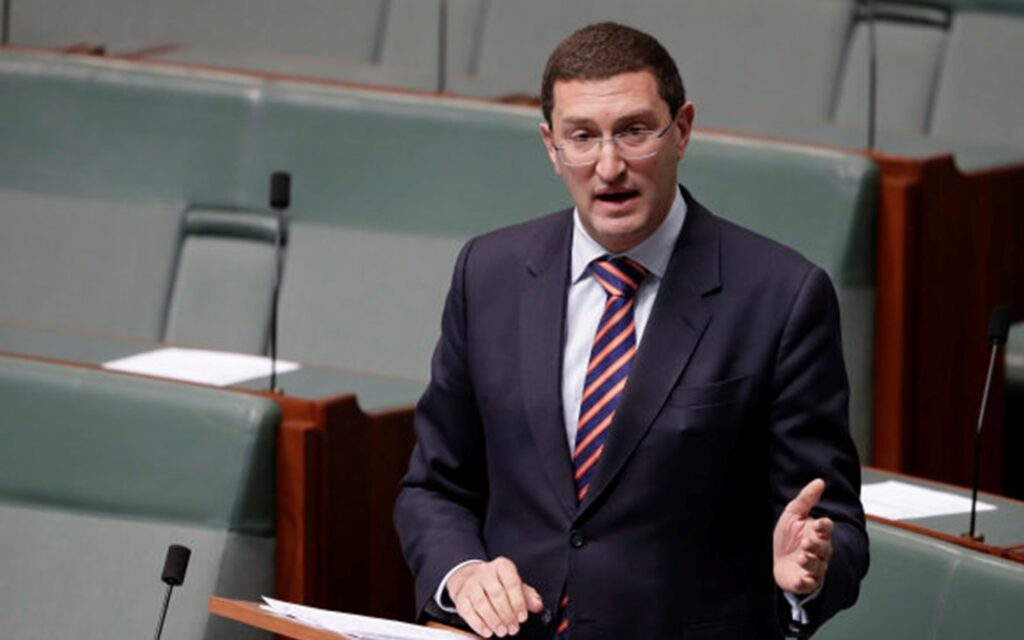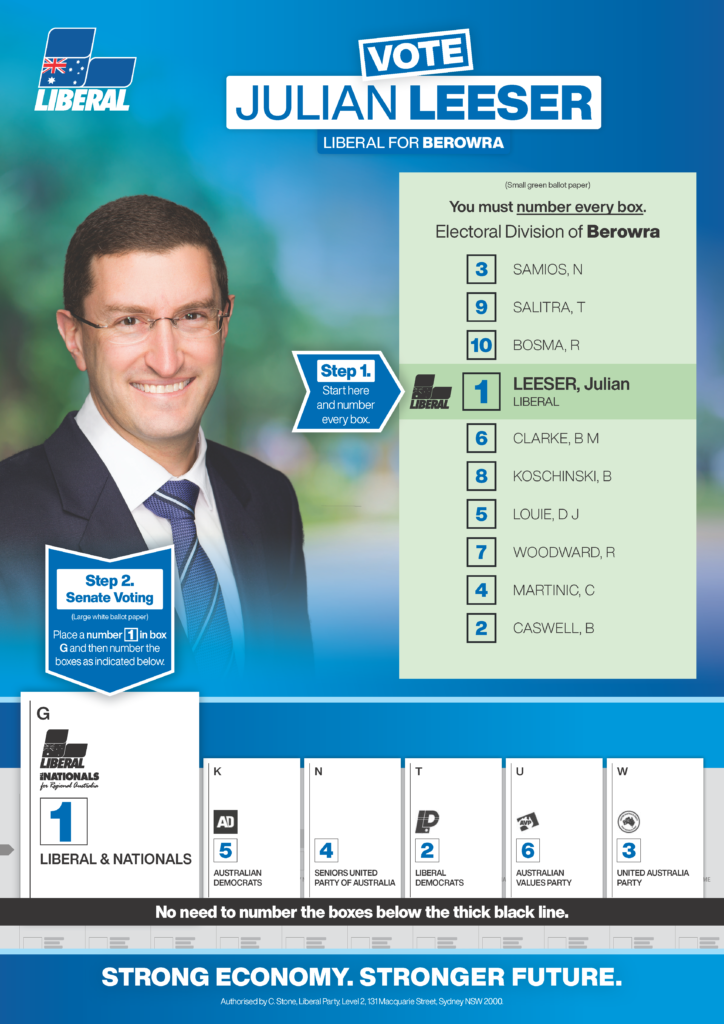House of Representatives
19 March 2024
Housing affordability is marked by three measures: rents, the ability to save for a deposit, and the ability to service a mortgage and ultimately pay it off.
On all three measures, Australians are struggling, and Sydneysiders are struggling more so than anywhere else. Since the onset of the pandemic, rents have increased by 28 per cent and, in the year to October 2023, rents increased by 8.1 per cent.
At the same time, housing prices continue to rise, which means housing deposits continue to rise also, and I see this in my electorate with record house prices in many suburbs, despite a dozen interest rate rises.
Currently in Sydney, it takes almost 10 years to save for a deposit for an apartment and over 15 years to save for a house deposit. It’s why the Coalition’s policy to allow young people to access their superannuation for savings is vital.
Of course, if you finally bridge the gap for a deposit, the cost of a mortgage keeps going up and up. In 2020, nationwide servicing of an average new mortgage for a home required 30.3 per cent of your income. By October last year, that had risen to 49.5 per cent. In Sydney, that amount is 72.2 per cent.
In other words, if you live in Sydney and you’re on an average income and want to live in an average house, then it will require $3 in every $4 you earn. That’s impossible.
There are two things we must do. Firstly, we must temper population growth. Sydney’s housing is not keeping pace with the number of new arrivals. I’m an enthusiastic supporter of migration and a multicultural Australia, but, in 2022-2023, net overseas migration contributed 174,000 people to New South Wales, the bulk of them in Sydney. So demand is too strong, and the housing market’s out of kilter.
Secondly, we must responsibly increase the housing supply. It’s a social and economic necessity, but it must be done in a way that works with local communities.
I’m deeply concerned about the new planning regime that’s been put in place by the Minns Labor government. They want to remove the say that local communities have on how we increase housing supply.
I believe community inputs will always make developments better. The Minns Labor government’s top-down approach to densities will strip local communities of their autonomy. We see the start of this decision to override local planning controls in areas around 31 metro and rail stations, including many on the North Shore, as well as councils being bullied on densities and issues such as dual occupancy.
I support more housing, I support sensible local housing targets and I support investments in local infrastructure, but it all must be done in partnership with local communities.
The State government needs to work with local communities, like the Hornsby and the Hills Shire councils in my electorate that have taken a responsible approach to meeting the density requirements asked of them by a succession of state governments. Our housing challenges are too complex for one level of government to go it alone.
We all must work in partnership in tackling this vital challenge—for the future of our city, our state and our country.




